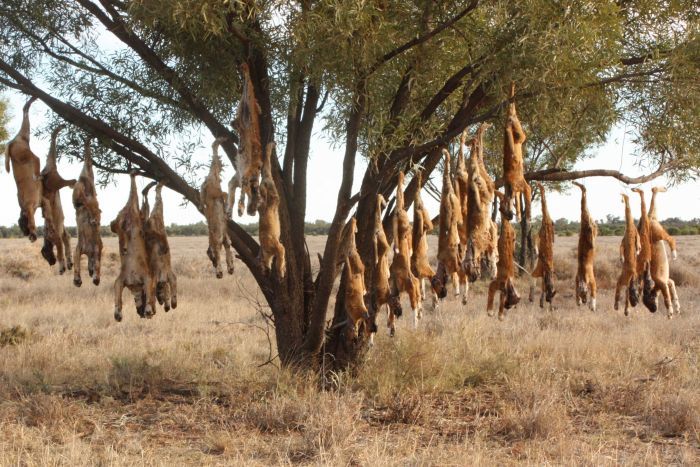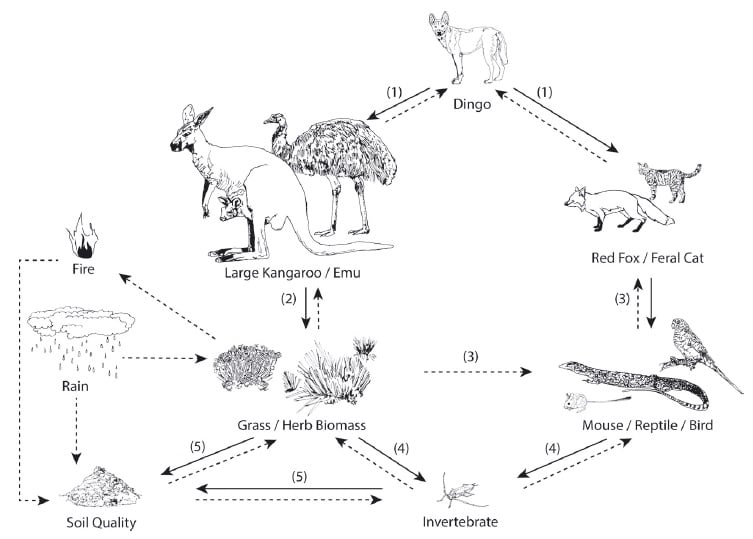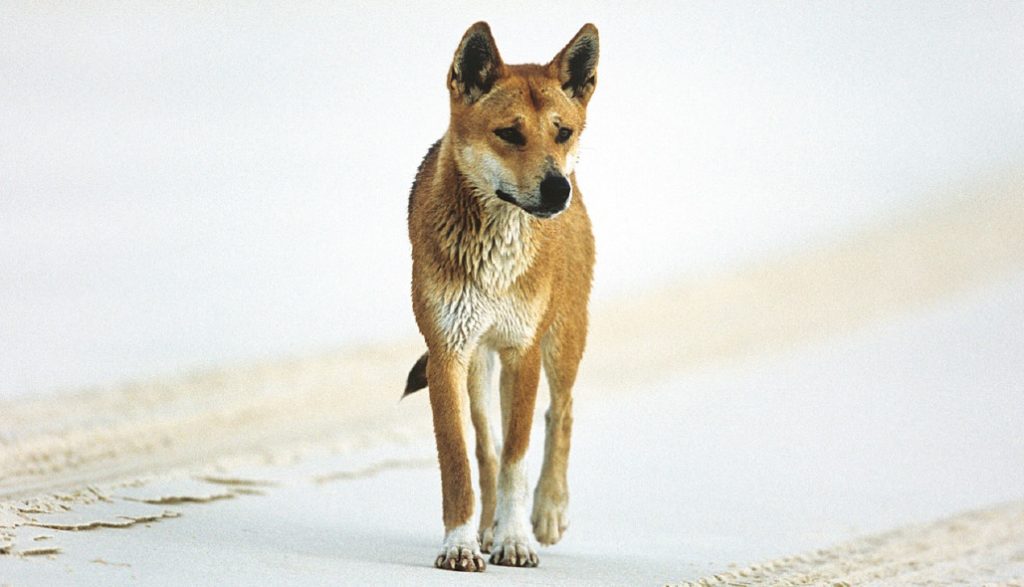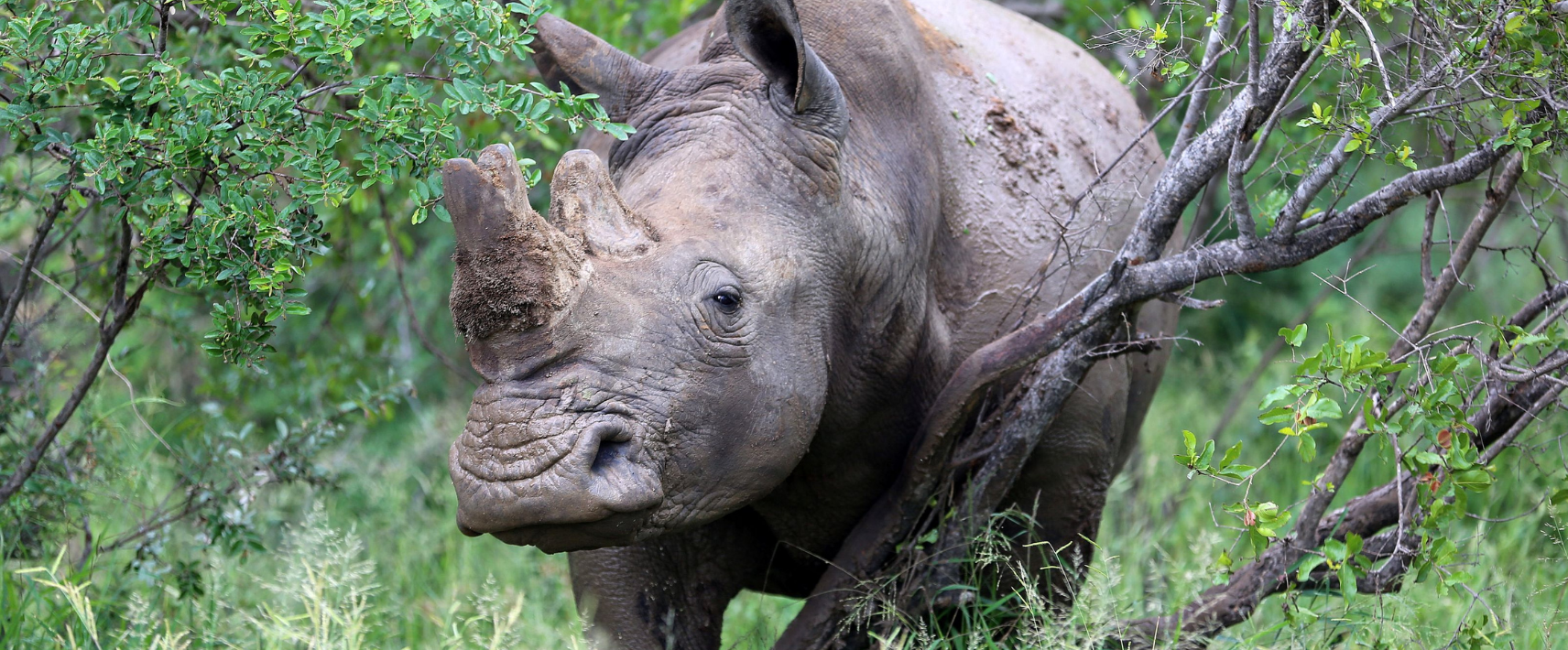One of the most important global meetings on wildlife trade has just wrapped up in Uzbekistan. It’s capital city Samarkand was where governments convened for the 20th Conference of the Parties (CoP20) to the Convention on International Trade in Endangered Species of Wild Fauna and Flora (CITES) to decide how international trade should be managed for some of the world’s most threatened...
The writing is on the wall that the Victorian Government is set to announce a return to a bounty on ‘wild dog’ scalps within a few days, a perverse decision in direct conflict with the State’s landmark threatened species listing for the dingo. This will not result in reduced stock predation for graziers, but ecosystem fallout and greater pressure on endangered species.
It would also be a major about face by Labor, previously the major party in Victoria with the greater dingo conservation credentials following their Flora and Fauna Guarantee Act 1988 threatened listing in 2008 and quick reversal of the Baillieu Coalition Government introduced bounty after coming into power in the 2014 election.

Bounty programs leave the Government exposed to fraud (paying for scalps collected interstate or outside the program time frame), are ineffective for stock protection and have failed time and time again. So why is Labor walking away from long-held values and ignoring scientific consensus? It smacks of horse trading, with the Shooters, Fishers and Farmers holding two crucial Legislative Council seats and membership of recreational shooting groups required to collect payment for scalps.
Advocates for ‘wild dog’ bounties often tout that they are doing an environmental service, not killing dingoes but ‘wild dogs’, a supposedly different beast foe to farmers and dingoes alike. This attitude has been perpetuated by a misguided focus on purity which ignores the vital ecological functions performed by dingoes and dingo-dog hybrids. A growing body of evidence suggests that hybrids share important aspects of dingo social behaviour such as pack formation, home ranges, reproductive cycles and feeding habits. Both dingoes and hybrids suppress feral cat and fox populations to the benefit of the hundreds of birds, reptiles and small mammals that these invasive species prey on.

Developer of the genetic testing technique Dr Alan Wilton recommended classifying hybrids between 75% and 100% as ‘pure’ dingoes for conservation purposes due to issues with his test such as a lack of accounting for regional genetic variation. Victoria’s threatened listing doesn’t come close to reflecting this, with a single percentage point of genetic impurity enough to change a dingo from being classified as protected to a pest. Such deficiencies significantly reduce the effectiveness of the Victorian threatened listing, and the Andrews Labor Government should be focused on fixing them rather than undermining their apex-predator conservation legacy.
Studies have also shown that it is next to impossible for a shooter to determine what is and isn’t a dingo in the field, even between hybrids with highly varied genetic purity levels, let alone splitting percentage points at the upper end of the spectrum. Whether they are the more broadly defined dingoes of scientific consensus or those that are genetically ‘pure’ currently protected under State legislation, there is no doubt that dingoes will be shot and scalped through any bounty scheme – a ludicrous use of taxpayer money to incentivise the killing of a threatened species.

It also needs to be noted that the genetic pressures that brought about the evolution of the dingo are still acting on dingoes and hybrids today. Research shows that hybrid animals retain the most important dingo characteristics such as skull morphology and leg length, with successive generations quickly becoming more and more like ‘pure’ dingoes.
As for protecting stock, fracturing dingo packs through controls such as shooting is more likely to exacerbate the problem by encouraging opportunistic feeding patterns. With more effective stock protection alternatives such as using Maremma dogs and donkeys as guardian animals not only available but actively in use by many throughout the landscape, there is simply no scientifically sound justification for killing dingoes in an attempt to prevent stock losses.
Dingoes are just one of dozens of threatened species set to suffer with the reintroduction of a ‘wild dog’ bounty in Victoria, and the Andrews Government needs to rule out any such move immediately.


